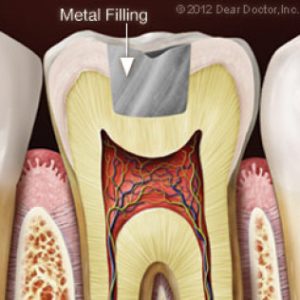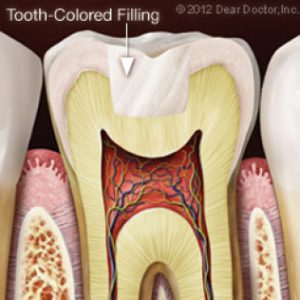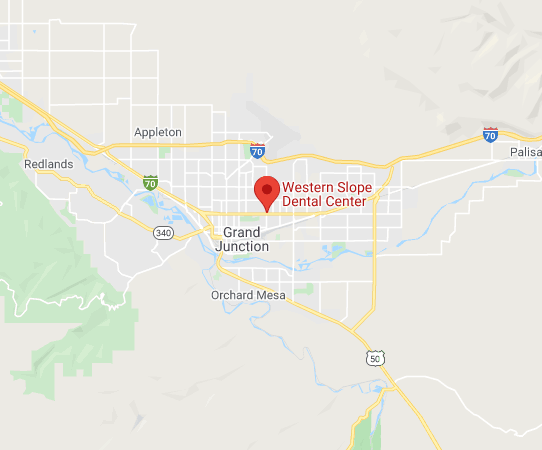Fillings
More than three-quarters of all Americans need a cavity filled before they are 17 years old. When a tooth becomes decayed, it has a small hole that the dentists at Western Slope Dental Center fill with special materials like metal or porcelain. They remove the decayed portion of the tooth before completing this step. Fillings in Grand Junction, CO are essential to preserve natural teeth that have developed tiny holes due to decay.
What is Tooth Decay?
Tooth decay develops when bacteria in the mouth produce acid that attacks the hard outer surface of a tooth called enamel. An untreated decayed tooth can cause significant dental problems, including severe pain, infection, or even permanent loss of the tooth. Decay occurs when the teeth come in contact with foods and drinks that contain a high number of starches and sugars. As the enamel of the tooth continues to lose minerals, it eventually erodes and forms a small hole that indicates tooth decay.
Process of Receiving a Dental Filling in Grand Junction, CO
Patients who notice pain, swelling, sensitivity, or other common signs of tooth decay should schedule an appointment at Western Slope Dental Center as soon as possible. One of our dentists will produce an X-ray to get a closer view of the tooth in question. The next steps include:
- Our dentist injects the patient’s gums with anesthesia to reduce all sensations of pain while filling the tooth.
- Using a handheld dental drill, our dentist removes the decayed portion of the tooth.
- Lastly, our dentist etches the tooth with a solution containing mild acidity and applies the dental cement that creates the tooth filling.
Sometimes tooth decay is large enough that a filling will not be adequate to treat it. In this case, our dental team will discuss other options with patients like a dental crown, onlay, or inlay. Patients who receive any of these restorations must take care to avoid hard candy, sticky food, biting down hard, or any other food or action that could cause the restoration to come loose or break. With close attention paid to oral hygiene, crowns, onlays, and inlays last an average of eight years.




